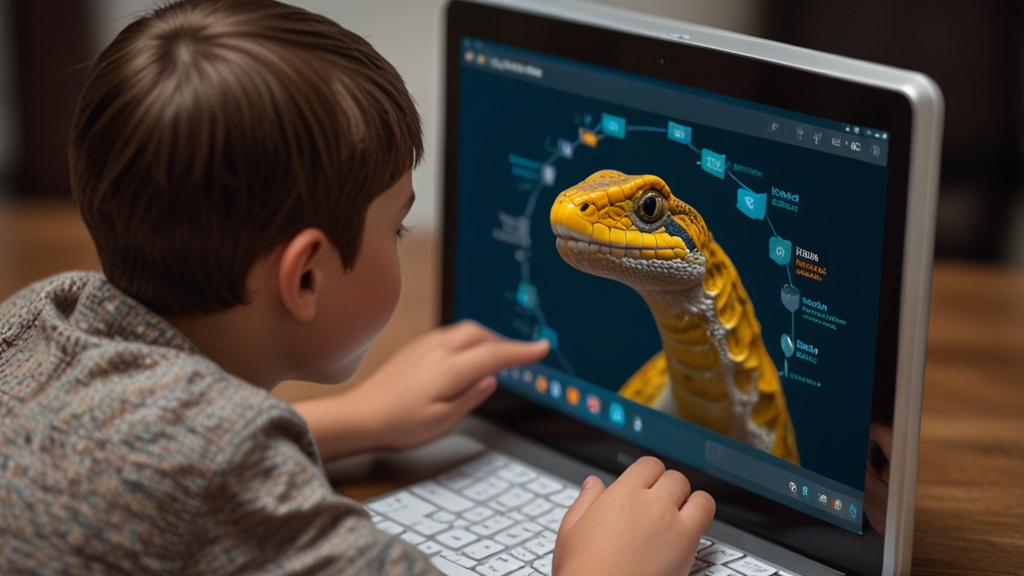Maximize Your Study Sessions with These Expert-Recommended Tips
In today's fast-paced world, effective studying is crucial for academic success. Whether you're a high school student preparing for exams, a college student tackling tough courses, or a lifelong learner, optimizing your study sessions can make a significant difference. Fortunately, experts have identified several strategies to enhance focus, retention, and overall efficiency. Follow these expert-recommended tips to maximize your study sessions and achieve your academic goals.
Create a Distraction-Free Environment
One of the first steps to effective studying is creating an environment free from distractions. This means finding a quiet space where you can focus solely on your studies. Tips for creating a distraction-free environment include:
- Turning off notifications on your phone or placing it in another room.
- Using noise-canceling headphones or background music to block out disruptive noises.
- Keeping your study area organized and free of clutter.
"The best workspaces are those that foster a high level of concentration, making it easier to achieve a flow state while studying." – Dr. Carol Jones, Education Specialist
Utilize Active Learning Techniques
Active learning techniques engage your brain more effectively than passive reading. Examples of active learning techniques include:
- Summarization: Write summaries of what you've learned in your own words.
- Visualization: Create mind maps or diagrams to represent information visually.
- Teaching: Explain the material to someone else or pretend you're teaching a class.
- Practice Testing: Use flashcards, quizzes, or practice exams to test your knowledge.
These techniques encourage deeper understanding and help reinforce your knowledge.
Adopt the Pomodoro Technique
The Pomodoro Technique, invented by Francesco Cirillo, is a time management method that can make study sessions more productive. Here's how it works:
- Set a timer for 25 minutes and focus solely on your task.
- After the timer goes off, take a 5-minute break.
- Repeat this cycle four times, and then take a longer break of 15-30 minutes.
This method helps prevent burnout and keeps your mind fresh and alert throughout your study sessions.
"Breaking your study time into short, focused intervals makes the process less daunting and improves concentration." – Dr. James Miller, Cognitive Scientist
Implement Spaced Repetition
Spaced repetition is a powerful technique for long-term knowledge retention. Instead of cramming all at once, spaced repetition involves reviewing material at gradually increasing intervals. This method leverages the psychological spacing effect and helps information move from short-term to long-term memory.
Tools like Anki and Quizlet offer spaced repetition systems (SRS) to help organize your study schedule and optimize recall.
Stay Physically and Mentally Healthy
Your physical and mental health significantly impact your ability to study effectively. Make sure to:
- Get adequate sleep, as sleep plays a vital role in memory consolidation.
- Maintain a balanced diet to provide your brain with the nutrients it needs.
- Incorporate regular physical activity to reduce stress and improve cognitive function.
- Practice mindfulness or meditation to enhance focus and reduce anxiety.
"A healthy body and mind create the ideal foundation for productive study sessions, making it easier to process and retain information." – Dr. Sarah Levine, Clinical Psychologist
Conclusion
Effective study sessions are not just about the amount of time spent but also about how that time is used. By creating a distraction-free environment, utilizing active learning techniques, adopting the Pomodoro Technique, implementing spaced repetition, and taking care of your physical and mental health, you can maximize your study sessions and achieve better academic results. Remember, developing good study habits takes time, but the effort will pay off in the long run.








